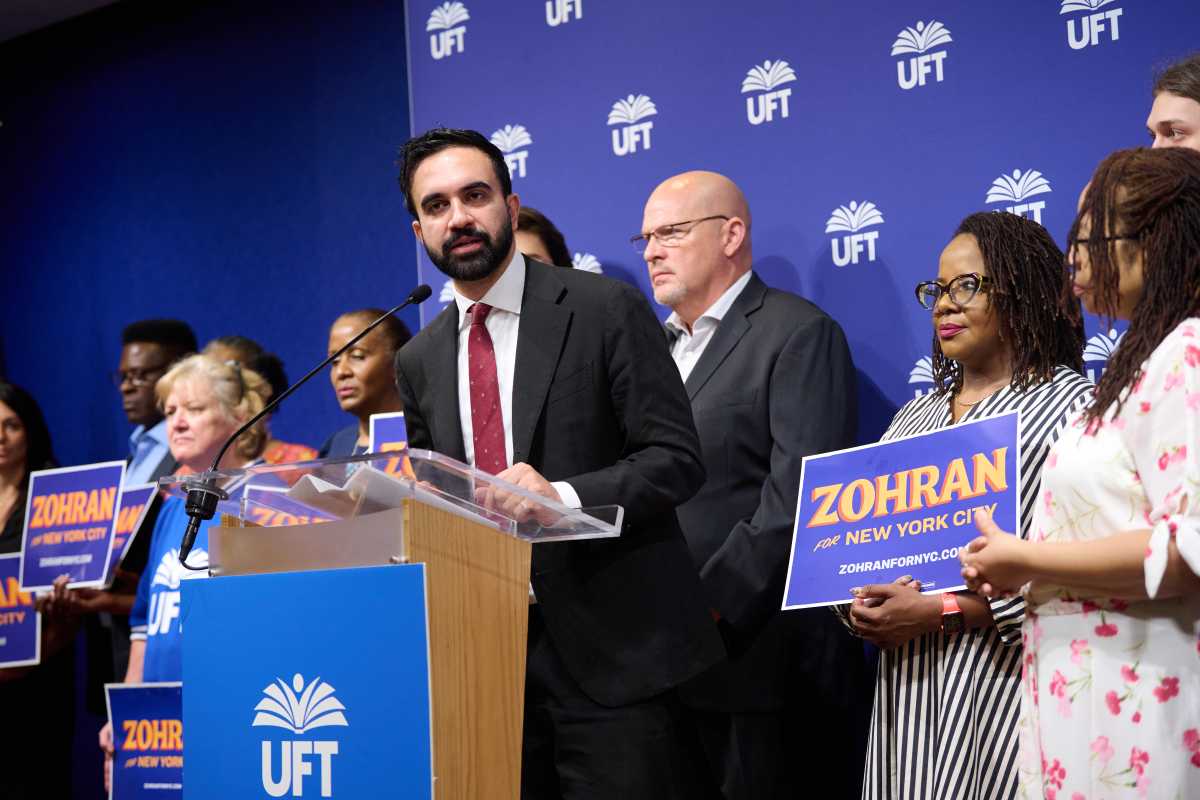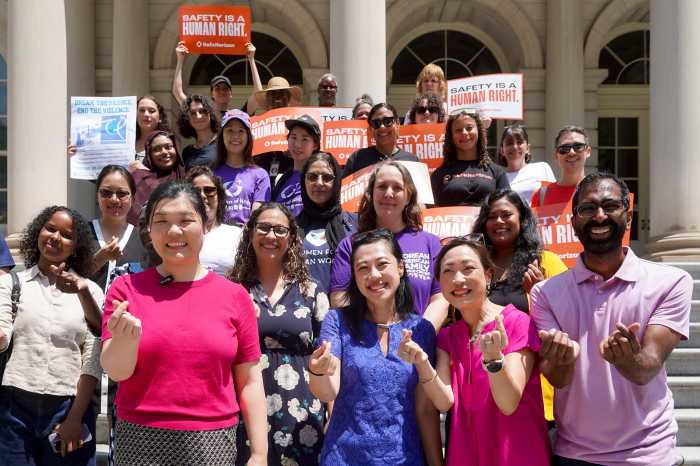By Madina Toure
Some landlords are concerned Mayor Bill de Blasio is trying to pursue a rent freeze in the city again now that he has either appointed or reappointed all nine members of the Rent Guidelines Board.
Last week, de Blasio announced the appointments of Helen Schaub, 1199 SEIU United Healthcare Workers East’s New York State director of policy and legislation; K. Sabeel Rahman, an assistant professor of law at Brooklyn Law School; and Scott Walsh, vice president of development at Forest City Ratner Companies.
Walsh also serves on the board of the Long Island City Partnership, the local development corporation serving LIC.
The mayor previously appointed six of the board’s nine-member board.
The mayor’s office said the decisions the board makes will be based on an extensive review of data over the next few months.
Wiley Norvell, a spokesman for the mayor’s office, said board members are equipped to deal with the affordable housing issue in the city.
“The mayor has appointed a diverse and experienced group of members who understand the seriousness of our affordability crisis,” Norvell said in an email.
The Rent Guidelines Board determines annual rent adjustments for about 1 million apartments across the city subject to the rent stabilization law.
In June, the board approved a 1 percent increase for one-year leases and a 2.75 percent increase for two-year leases by a 5-4 vote, which went into effect in October. The 1 percent increase for one-year leases was the lowest ever approved in the 45-year history of the board.
In 2013, the average monthly rents in rent-stabilized buildings in Queens was $1,123, the second highest among the five boroughs, according to the Rent Guidelines Board’s 2015 Income Study released earlier this month. Manhattan had the highest average monthly rent, at $1,638.
De Blasio had advocated for a rent freeze during his election campaign but did not speak publicly on the issue.
Tony Subraj, a property manager in Jamaica, said a rent freeze would be “unbearable,” noting the rise of fuel costs as well as water and sewer costs by more than 3 percent this year and that the property tax burden increased by more than 9 percent.
“The simple truth is that operating costs have increased and in order to provide quality and affordable housing, the increases are necessary,” Subraj said.
Reach reporter Madina Toure by e-mail at mtour




































